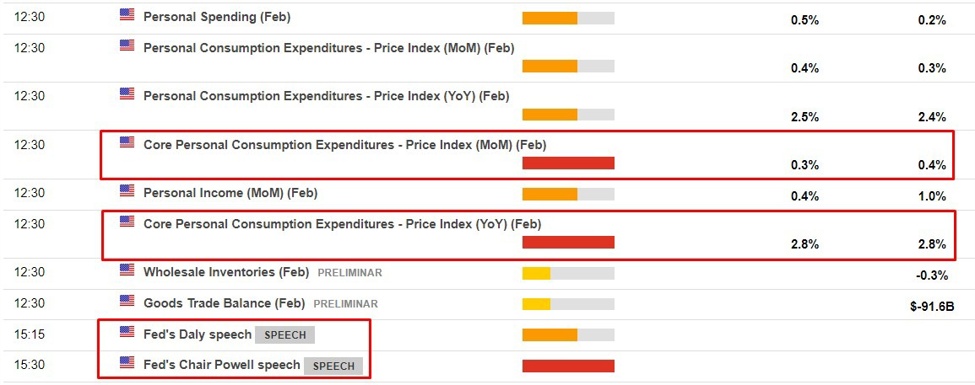maybe if the US practiced long-term planning we'd have our own belt and road initiative
with bombs! and meth! in fact, forget the belt and road initiative
Honestly it's about time raw material prices, and the labor that goes into their extraction, was appropriately compensated (though the future and bedrock of any stable, independent society must be industrialization and moving up the value chain).
China and Russia have already been doing excellent work siding with and assisting the global south in escaping the systemic economic traps that the west has employed against them. But now more than ever, with the present imperial overreach and economic crises on the horizon, this should be intensified.
Damn, they don't include food and energy into inflation measures? The 2 most important commodities for any nation?
Anyways, I do think the analysis of the global economy standpoint of materials is an important one to make. We are currently living in a world experiencing severe ecological crisis and a shortage in many materials. The direction of technological advancement in China will play an increasingly bigger role in the world's ecology.
For example, it is china's efforts in the past decade that allowed solar energy to become so many times cheaper. While China's positive impact is undeniable, as competition for materials becomes more fierce in the future, we are going to see some very harsh conflict.
I'm getting whiplash from all this shifting of rhetorical focus!
Is the US supposed to be aggravating inflation in former European colonies with Neo-Liberal policy of extreme economic specialization that cause high economic instability and susceptibility to authoritarian puppet government through foreign economic dependency? The US, Western European countries, and British diaspora countries should be able to use the Bretton Woods Institutions to resist foreign influence through their hypocritical protectionism and government welfare to their industrial sectors that third world countries have an advantage in for 'security' purpose that are never applicable to former European colonies. How can the US be vulnerable to foreign influence when Bretton Woods institutions allow the US's government intervention to provide security to domestic economy?







